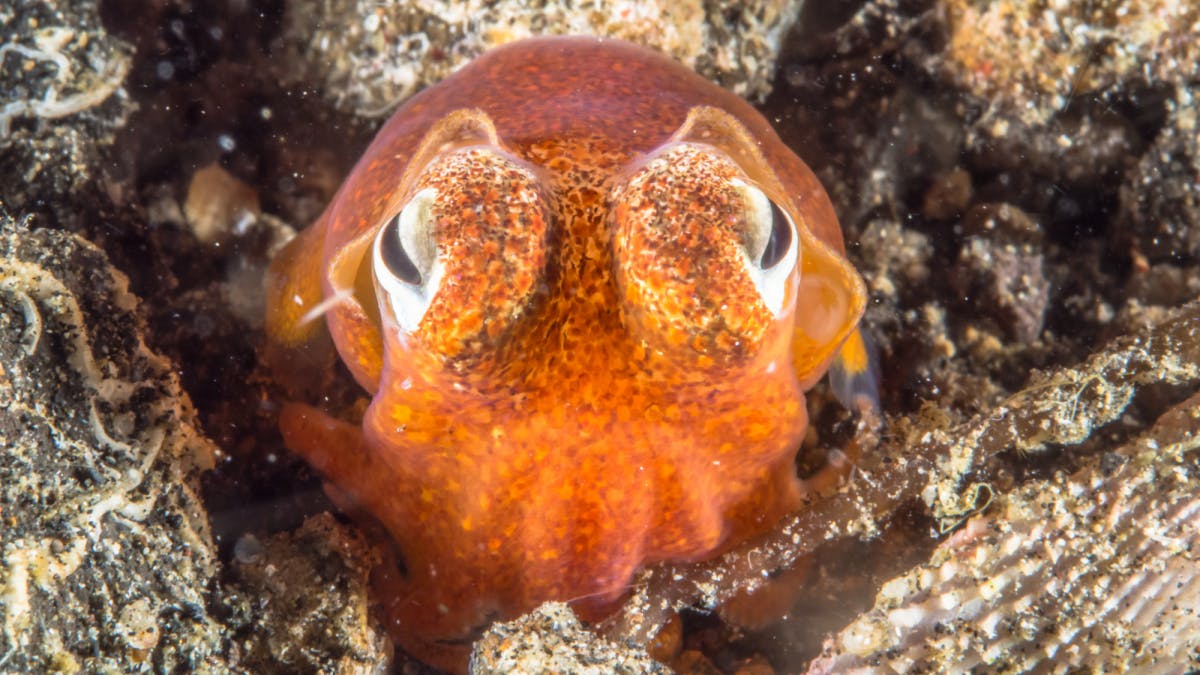This is behind the new NASA project
A dwarf squid like this one is supposed to provide NASA with valuable information about long journeys into space. (Photo: Shutterstock)
NASA has brought dozens of baby squids to the ISS. Researchers hope this will give them information about how long space flights affect humans.
One day people could set out on long journeys into space. However, when astronauts spend long periods of time in low gravity, it has a negative impact on how well their immune systems recognize bacteria. To understand why exactly this is happening, NASA has now brought dozens of dwarf squid on board the international space station ISS.
Like the US daily newspaper Honolulu Star Advertiser reported, the octopus is the subspecies Euprymna scolopes. These animals form a symbiosis with a certain type of bacteria in order to be able to glow in dark waters. Since this is a comparably simple system, the researchers hope to be able to study the effects of weightlessness particularly well with the help of the dwarf squid.
“These new findings from simplified animal model systems can then be used to better understand human physiology in the space environment,” explains the NASA the objective of the mission in the description of the experiment. There, the US space agency also points out that more than 2,000 types of bacteria have a positive effect on the human body, but only 100 types are considered pathogens. So far, however, the influence of low gravity on such pathogens has primarily been investigated.
Contents
The space squids were bred in Hawaii
The squids were raised at the Kewalo Marine Laboratory in Honolulu. They came to the ISS on the last supply flight, which was carried out by the private space company SpaceX on behalf of NASA. The American zoologist Jamie Foster is in charge of the project. In 2017, she had already examined the influence of modeled weightlessness on animals that have a symbiotic relationship with bacteria. In July, the little squid astronauts should come back to earth.



![Pay attention to data protection risks on websites: Here’s how [Anzeige] Pay attention to data protection risks on websites: Here’s how [Anzeige]](https://www.basicthinking.de/blog/wp-content/uploads/2023/02/datenschutzrisiken-webseiten-google-fonts.jpg)